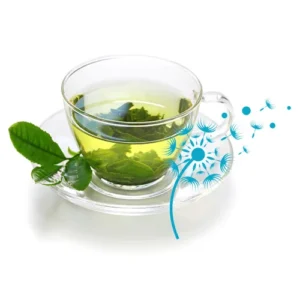
Garlic Capsules گارلک
₨1,000
Overview
Garlic is a species of bulbous flowering plant in the genus Allium. Its close relatives include the onion, shallot, leek, chive, Welsh onion and Chinese onion consumed since ancient times. Garlic has been used as a food and as a medicinal herb for thousands of years. Based on current trends, garlic use can be expected to continue to expand. The unique flavor and aroma of garlic have inspired countless culinary dishes and remedies for treating numerous medical conditions.
Benefits
Garlic is known to support brain health due to its antioxidant and anti-inflammatory properties, which may help guard against neurodegenerative diseases such as Alzheimer’s and dementia. The compound allicin found in garlic can lower LDL (bad cholesterol), enhancing heart health and reducing blood pressure, making it particularly beneficial for those with hypertension. Furthermore, garlic helps lower the risk of blood clots, which can prevent thromboembolism. It also aids digestion by alleviating inflammation in the intestines and can help eliminate intestinal worms while preserving beneficial gut bacteria. With its antimicrobial properties, garlic combats infections, protects against free radicals, and bolsters the immune system with the help of zinc and Vitamin C. Additionally, it can prevent acne, lighten scars, and shield the skin from aging effects caused by UV exposure. Garlic has been linked to a lower risk of various cancers, including those of the lung, prostate, and stomach.
Dosage
As a dietary supplements for adults take one capsule twice a day preferably after meal or as directed by physician.
Precautions
One must avoid having excess amounts of garlic during pregnancy or if nursing, children can take it in doses of up to 300 mg three times daily for up to 8 weeks and not more than that, people with the bleeding disorders must avoid garlic cap, if you undergo surgery, do not consume garlic cap as it may prolong bleeding and interfere with blood pressure. Stop having garlic cap two weeks before surgery and garlic might also lower blood sugar levels so one must be aware.
Side Effects
When you take garlic it is mostly safe. It can cause side effects such as bad breath, heartburn, gas, and diarrhoea. If you take raw garlic by mouth, the side effects are often worse and may increase the risk of bleeding and cause allergic reactions in some people.
Nutritional Value
100gm serving of garlic powder contain:
Calories 149 7%
Carbohydrates 33.1 g
Fibre 2.1 g
Fats 0.5g
Protein 6.4g
Vitamin B6 1.2mg
Vitamin C 31.2mg
Thiamin 0.2mg 13%
Riboflavin 0.1mg 6%
Also contains vitamins A, E, K, Niacin, Folate, Pantothenic acid and Choline
Manganese 1.7mg
Selenium 14.2mcg
Calcium 181mg
Copper 0.3mg
Phosphorus 153mg
Potassium 401mg
Iron 1.7mg


 Shop layouts
Shop layouts
 Food Supplements
Food Supplements
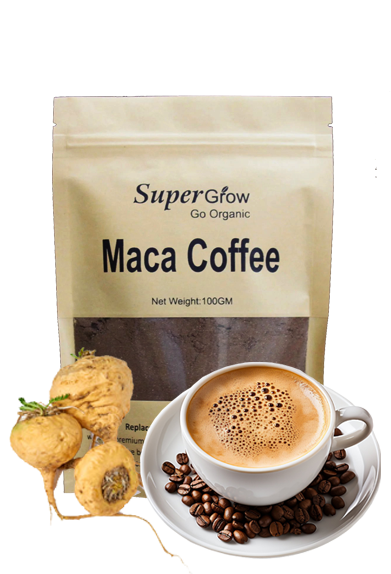
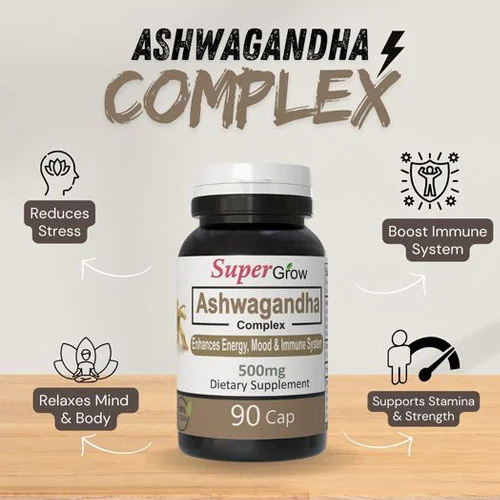


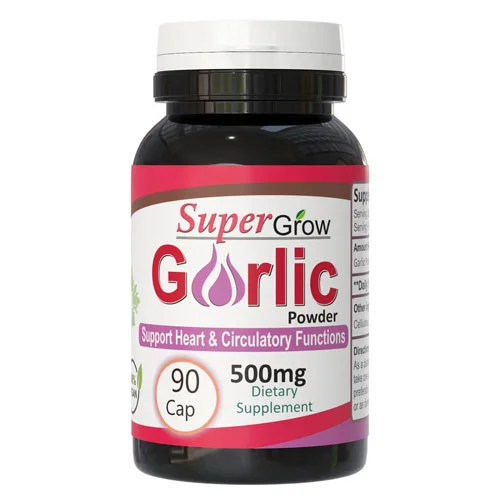
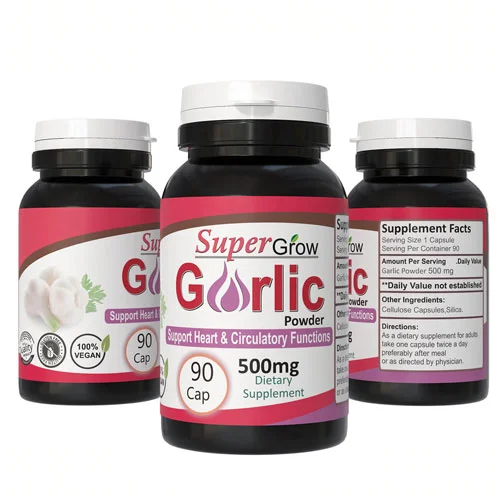
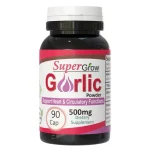
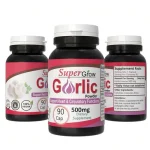
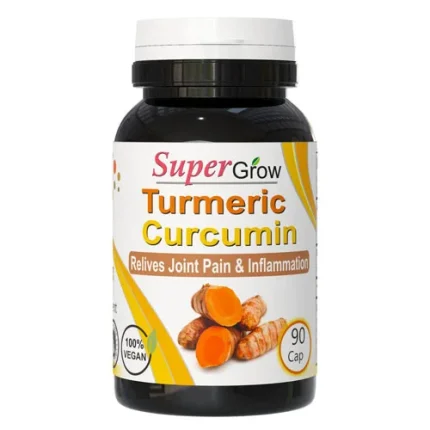
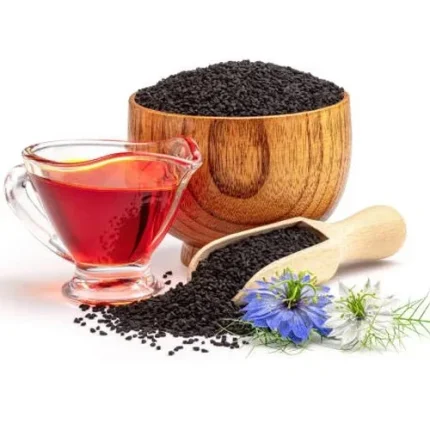

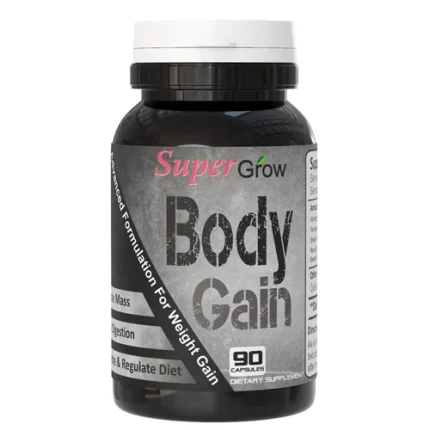

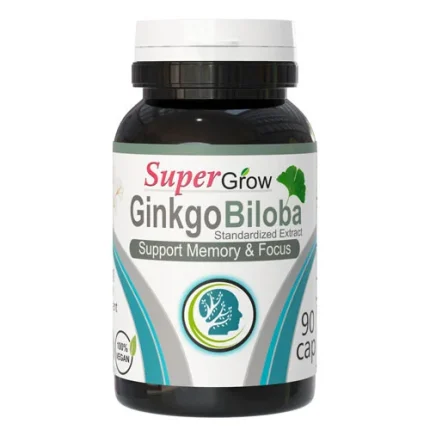
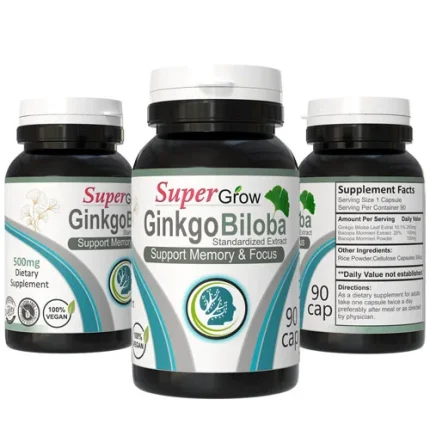
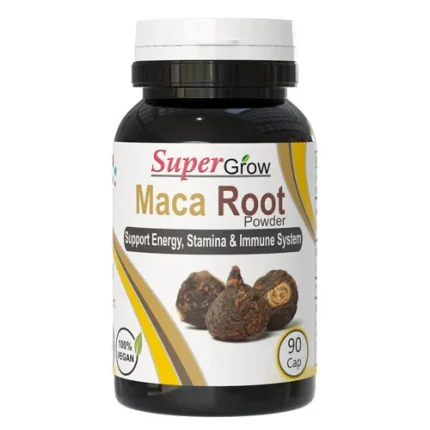
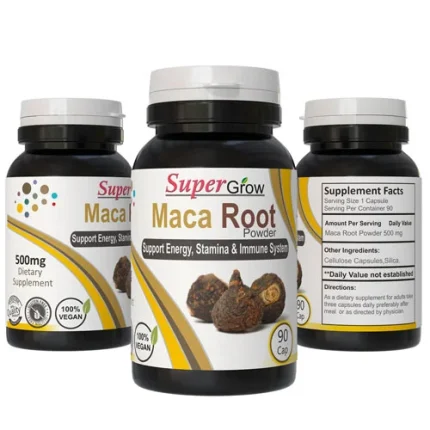
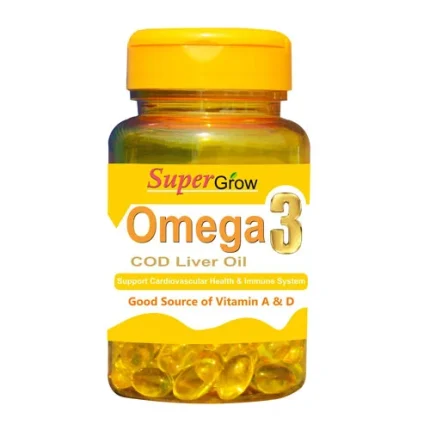
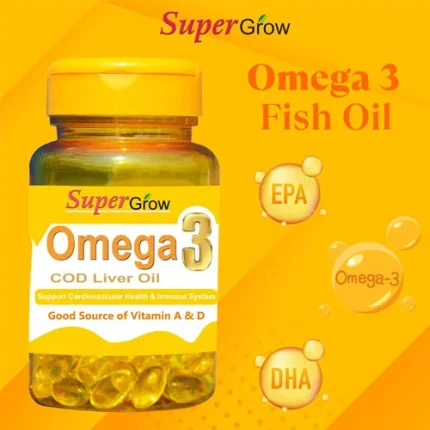
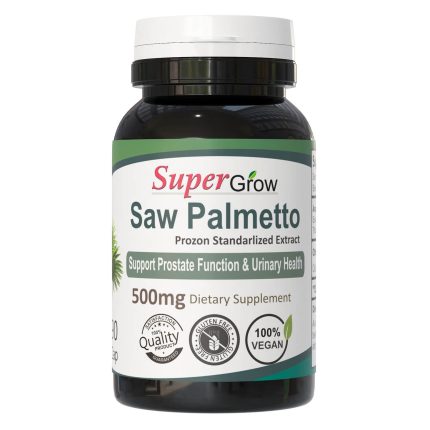
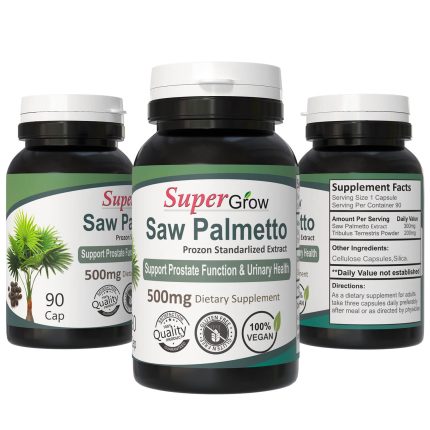
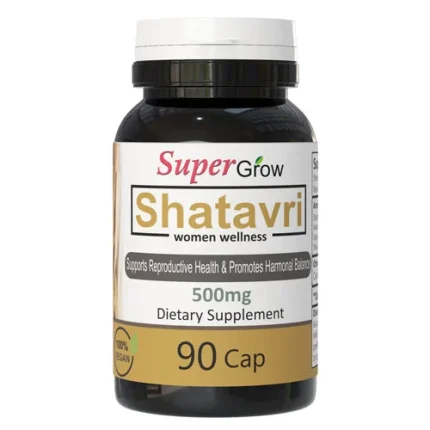
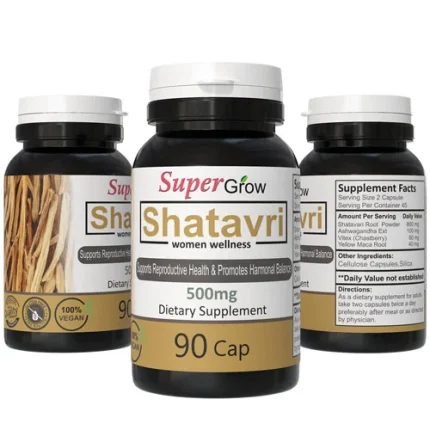



Reviews
There are no reviews yet.